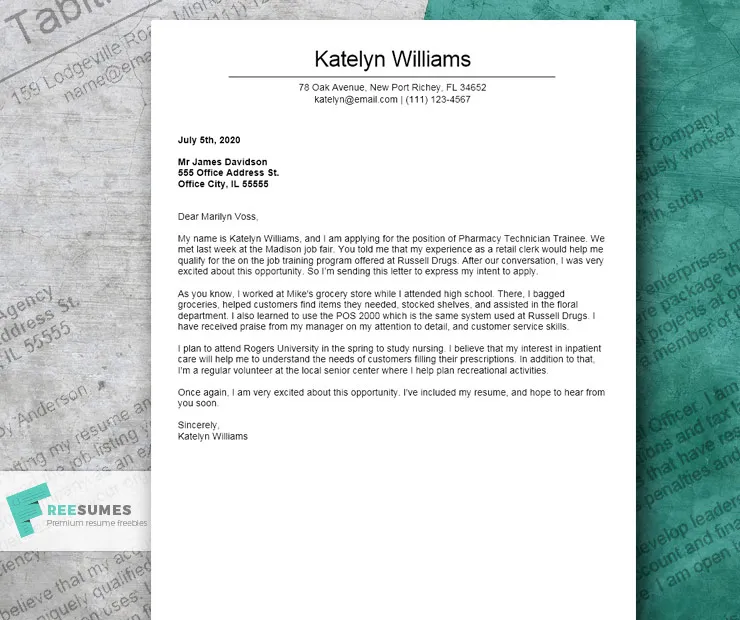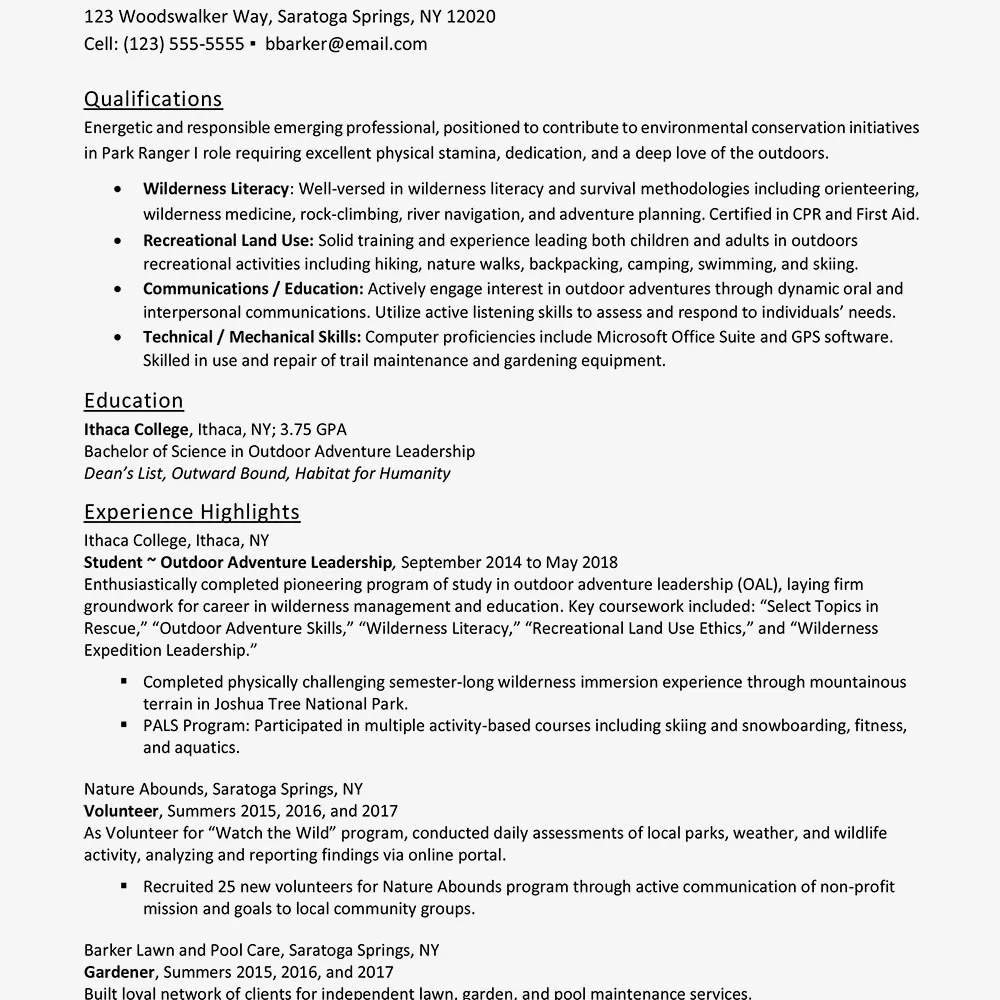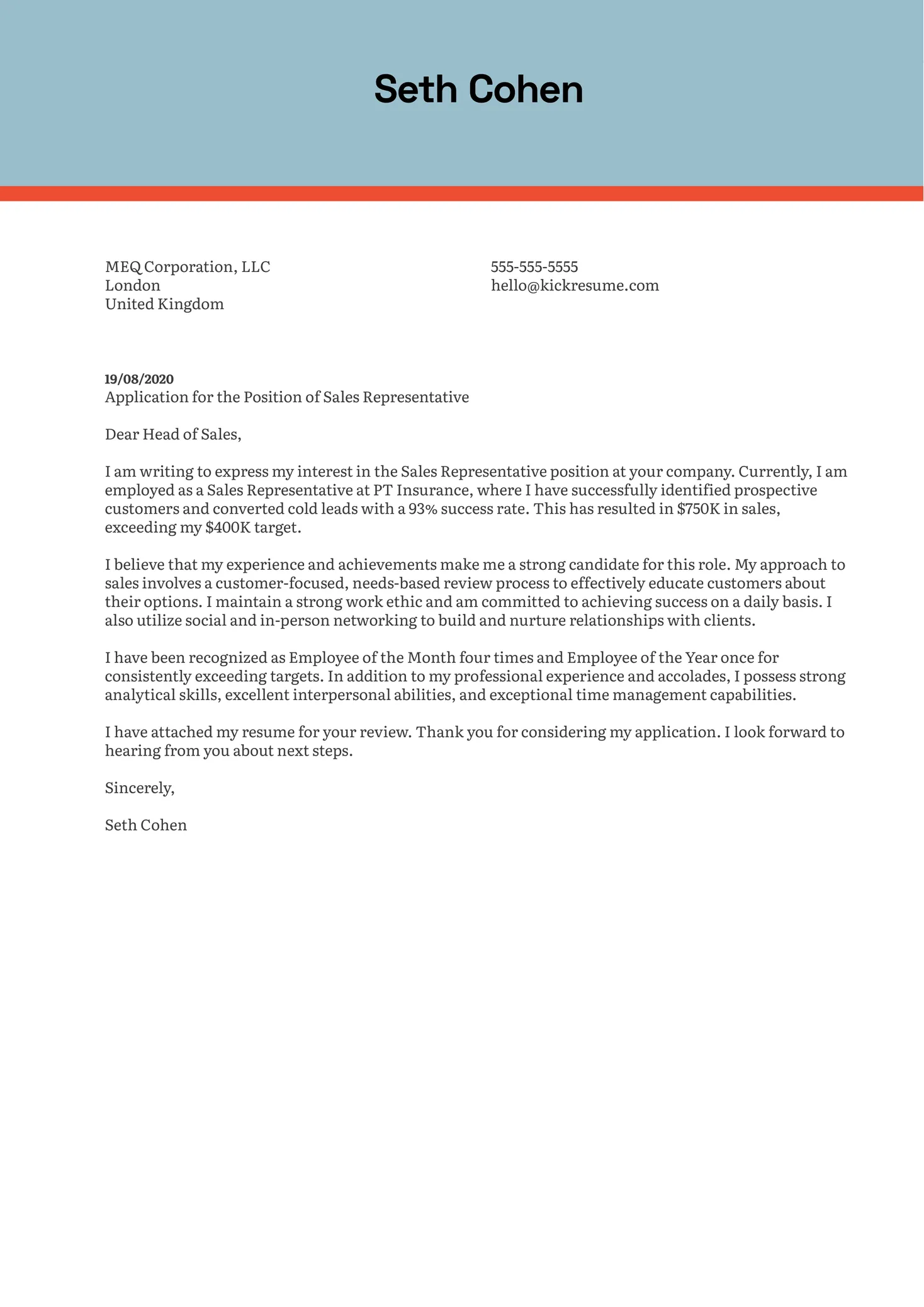Why a Cover Letter Is Crucial for Entry Level
In the competitive landscape of entry-level job applications, a well-crafted cover letter serves as your initial handshake with potential employers. It is your first opportunity to make a lasting impression, showcasing your personality, enthusiasm, and specific skills that a standard resume might not fully capture. For those with limited professional experience, the cover letter becomes even more critical. It allows you to explain gaps in experience, highlight relevant coursework, internships, volunteer work, or personal projects that demonstrate your abilities and dedication. This document offers you the chance to articulate your career goals and explain why you are a perfect match for the role. The cover letter provides context to your resume, painting a more complete picture of who you are and what you bring to the table. By thoughtfully addressing the company’s needs and demonstrating a genuine interest in the position, you significantly increase your chances of being noticed and ultimately, landing an interview.
Highlighting Your Skills for Entry Level Cover Letter
When crafting your entry-level cover letter, it’s essential to emphasize skills that align with the job requirements. Since you may lack extensive work experience, focus on transferable skills acquired through academics, extracurricular activities, or volunteer work. These might include communication, teamwork, problem-solving, time management, and leadership abilities. Identify the key skills the employer is seeking and provide concrete examples of how you’ve demonstrated these skills in the past. Use the STAR method (Situation, Task, Action, Result) to describe specific instances where you successfully applied these skills. For example, instead of simply stating that you have strong communication skills, describe a situation where you effectively communicated a complex idea to a group, the task you were assigned, the actions you took, and the positive results achieved. This level of detail provides tangible evidence of your abilities and illustrates your potential to the hiring manager. Customize your skills section for each job application, ensuring you highlight those most relevant to the specific role.
Showcase Your Personality in Cover Letter

Your entry-level cover letter is an opportunity to inject your personality and enthusiasm, making it memorable and more impactful. While maintaining professionalism, allow your authentic self to shine through. Let your passion for the industry or the specific role come across in your writing. This can be done by expressing your genuine interest in the company, its mission, and its values. Avoid sounding generic; instead, tailor the letter to the specific company and role. Research the company culture and use language that reflects your understanding of their values. Share a brief anecdote or story that illustrates your work ethic, your willingness to learn, or your ability to overcome challenges. This can make your cover letter stand out from the crowd. Remember, the goal is to be approachable and relatable. However, always maintain a professional tone; the cover letter is not a casual message. By showing your personality, you make yourself more than just a list of qualifications. You become a potential team member.
Emphasizing Relevant Experience in Cover Letter
For entry-level applicants, the cover letter provides a platform to highlight any relevant experience, even if it is not directly related to the job. Frame your experiences in a way that shows their connection to the role. Include internships, volunteer work, part-time jobs, academic projects, or extracurricular activities. Focus on the skills and achievements gained in these experiences, emphasizing how they translate to the requirements of the job. If you have limited professional experience, leverage your academic achievements. Mention relevant coursework, research projects, or presentations. Describe any projects you participated in that demonstrate your skills in areas like problem-solving, data analysis, or project management. Also, highlight any leadership roles you’ve held in clubs or organizations. These can show your ability to work in a team, manage tasks, and drive results. Tailor your letter to the specific requirements of each job, ensuring that you emphasize those experiences and skills that most closely align with the position. Use action verbs and quantifiable results to showcase your impact.
Key Components of an Entry-Level Cover Letter
A well-structured cover letter is crucial for making a positive first impression. The key components should include a compelling opening, a body that highlights your skills and experiences, and a strong closing. Begin with a professional greeting, addressing the hiring manager by name if possible. Then, immediately capture their attention with a brief, engaging statement of your interest in the role. In the body, discuss your qualifications and how they match the job requirements. Be specific and provide examples that demonstrate your abilities. Explain why you are a good fit for the company and the role. Conclude by reiterating your interest, thanking the reader for their time, and including a call to action, such as expressing your eagerness to discuss your qualifications further. Ensure your cover letter is concise, focused, and free of errors. Proofread carefully and tailor it to the specific job. This attention to detail will show your professionalism and commitment.
Formatting Your Cover Letter for Entry Level

Formatting your cover letter correctly is just as important as the content. It shows attention to detail and respect for the reader’s time. Use a professional font, such as Times New Roman, Arial, or Calibri, in a readable size, typically 11 or 12 points. Set your margins to one inch on all sides for a balanced look. Ensure that your text is left-aligned, and use single or 1.15 line spacing. The cover letter should be well-organized. Divide it into clear paragraphs, and use headings and subheadings if necessary to improve readability. Keep the letter concise; ideally, it should be no more than one page. Use white space effectively to make the document easy to read. Avoid excessive use of bolding or italics. Maintain consistency throughout your document in terms of formatting. Make sure that your contact information, including your name, address, phone number, and email address, is at the top of the letter. This makes it easy for the recruiter to contact you.
Writing a Strong Opening
The opening of your cover letter is critical, as it sets the tone and captures the reader’s attention. It should immediately convey your interest in the position and the company. Avoid generic openings, such as ‘To Whom It May Concern’. Instead, research the hiring manager’s name and address the letter to them personally. Begin with a strong statement that highlights why you are applying and why you are a good fit for the role. Show enthusiasm and excitement. Consider mentioning where you saw the job posting and what specifically attracted you to the position or the company. You might briefly state your most relevant skill or experience that aligns with the job requirements. The goal is to make the reader want to continue reading. For example, if the company values innovation, begin by expressing your passion for innovation and briefly mentioning your experience in a related project. A strong opening makes it clear why you are applying and grabs the recruiter’s interest.
Crafting Compelling Body Paragraphs
The body paragraphs of your entry-level cover letter provide the opportunity to elaborate on your skills, experience, and qualifications. Each paragraph should focus on a specific aspect of your background that aligns with the job requirements. Use the STAR method (Situation, Task, Action, Result) to describe your accomplishments and illustrate your skills with concrete examples. For each skill you highlight, provide a brief scenario, explain the task you had to complete, describe the actions you took, and quantify the results you achieved whenever possible. This detailed approach gives recruiters clear evidence of your capabilities. Make sure to align your examples with the job description, emphasizing the skills and experiences the employer seeks. If the job requires strong communication skills, for example, provide an instance where you successfully communicated complex information to a group. Tailor the content of your letter to each specific job application. This shows the hiring manager that you are genuinely interested and have taken the time to understand their needs. Be sure to use active language, such as ‘managed,’ ’led,’ and ‘achieved,’ to demonstrate your capabilities.
Creating a Powerful Closing Statement

Your closing statement should summarize your interest and reiterate your enthusiasm for the role. It should provide a clear and confident conclusion, leaving a lasting impression. Restate your interest in the position and express your appreciation for the opportunity to be considered. Include a call to action, such as indicating your availability for an interview. Be direct and proactive. Do not simply state that you ’look forward to hearing from them’; instead, state that you are ’eager to discuss your qualifications further in an interview’ or ‘available for an interview at their earliest convenience’. Thank the hiring manager for their time and consideration. Reiterate your contact information. Keep the closing concise, professional, and positive. Proofread the entire letter carefully to ensure it is free of errors. This final touch ensures you leave a strong, positive impression, making it more likely you’ll receive an interview.
Proofreading and Editing Your Cover Letter
Before submitting your entry-level cover letter, proofreading and editing are crucial steps. Errors, typos, or poor grammar can undermine your credibility and jeopardize your chances of being selected. Read your cover letter carefully, looking for any spelling mistakes, grammatical errors, and punctuation issues. Ensure that your sentences are clear, concise, and easy to understand. Check the formatting to make sure everything is consistent and professional. Consider asking a friend, family member, or career counselor to review your letter. Fresh eyes often catch errors that you might miss. Pay close attention to your tone. Is it professional, enthusiastic, and appropriate for the specific role and company? Ensure your address and contact information are accurate. Proofread your cover letter multiple times. Thorough proofreading demonstrates your attention to detail, professionalism, and your commitment to presenting yourself in the best possible light. This attention to detail is a key aspect of making a positive first impression and showing you take your job search seriously.
